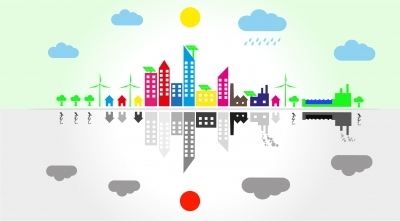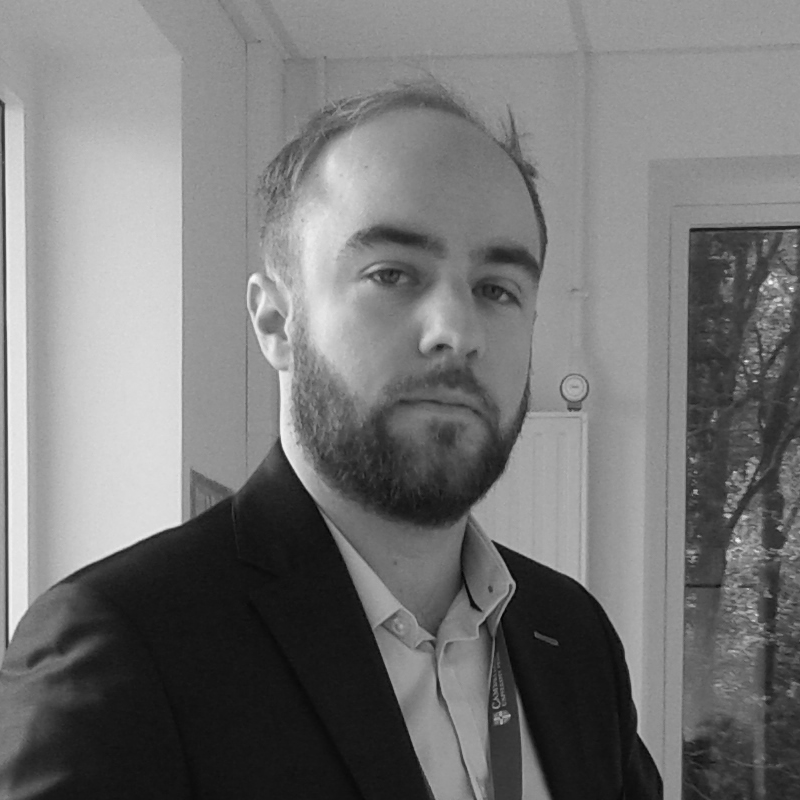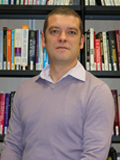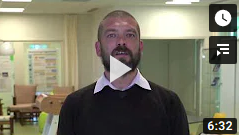CIRCULAR ECONOMY
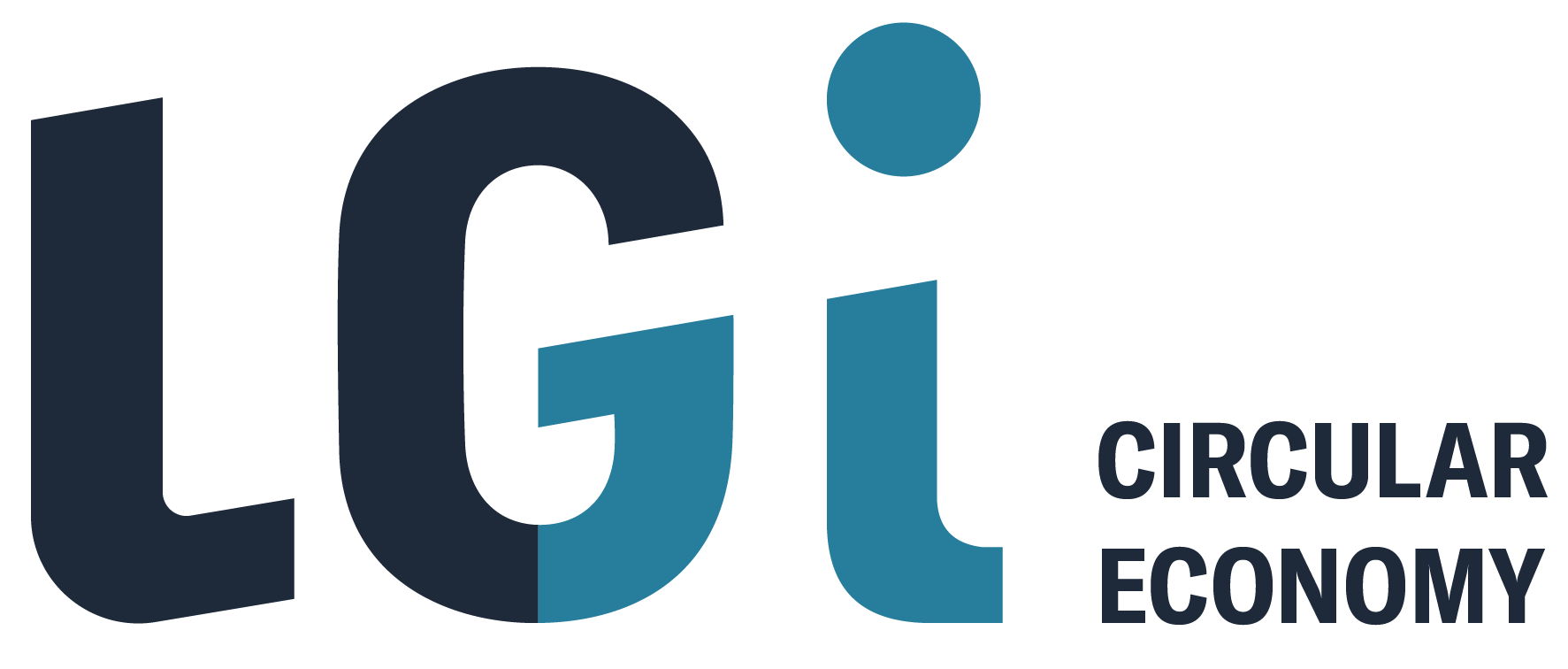
Optimize material and energy flows in the design and manufacturing of goods and services
Circular Economy aims at minimizing the impacts of human activities on the Environment, for example by pooling material, water and energy flows with a life cycle perspective and in an integrated metabolism approach. Circular Economy is deployed thanks to strategies like industrial ecology, eco-design of products and services, product-service systems, functional economy…
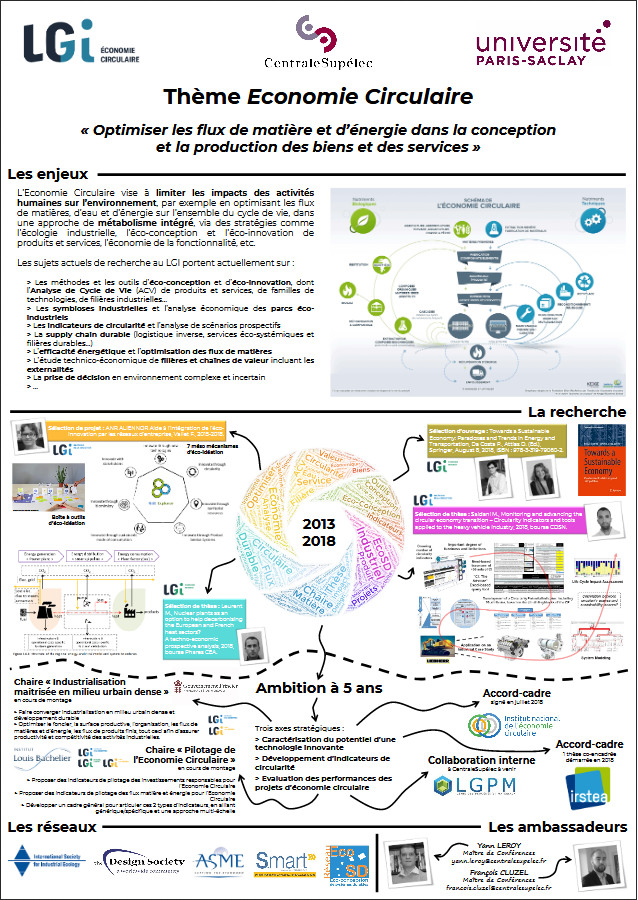 Présentation
|
|
AMBASSADORS
|
|
|
The four LGI teams are all particularly implicated on Industrial Ecology issues. Current research themes deal with:
- Eco-design and eco-innovation methods and tools, including Life Cycle Assessment (LCA) of products and services, technologies families, value chains...
- Industrial symbioses and technico-economic analysis of eco-industrial parks
- Circularity indicators and analysis of prospective scenarios
- Sustainable supply chain (reverse logistics, ecosystem services and sustainable supply chains…)
- Energy efficiency and optimization of materials flows
- Technico-economic studies of industrial value chains including externalities
- Decision making in complex environmental under uncertainties
- …
These research projects are applied in numerous industrial sectors, however sustainable buildings, cities and mobility are particularly targeted.
2020 main facts
KEYSWORDS
- Circular economy,
- Industrial ecology,
- Eco-design,
- Eco-innovation,
- Circularity,
- Material,
- Energy,
- Environmental impact,
- Life cycle,
- Life Cycle Assessment (LCA),
- Material Flow Analysis (MFA),
- Industrial symbiosis,
- Eco-industrial park
Research projects
- Launching of the Erasmus+ European project – EUSL-ENERGY 2020 – 2023 “Europe Sri Lanka Capacity Building in Energy Circular Economy” in collaboration with universities from Sri Lanka (9 partners). https://eusl-energy.fi rebaseapp.com/
- Launching of the ScoreLCA project “Benchmark of circularity indicators and links with LCA” jointly with Evea after winning the call for project.
- Launching of the EcoSD collaborative research pro-• ject « Ecoconception d’un système d’infrastructu- res de recharge et de véhicules électriques dans une logique territoriale d’usages de mobilité » with Stellantis
- Continuation of the Chair “Circular Economy Monitoring”, several partners including Vale NC, Communauté d’agglomération Paris-Saclay, SIOM
- Continuation of the EcoSD collaborative research • project SODECO. Sustainability of data supporting eco-design process. The case of connected vehicle.
5-years ambition
Innovative technology potential characterization: The topic focus on how to embed innovative and sustainable technology into complex system. This topic aims at tackling issues related to modeling, simulating and optimizing multi-scale, multi-physics and multi-criteria to generate sustainable complex systems architectures.
Development of circularity indicators: The issue is to define circularity indicators for products, services and value chains in order to highlights their circularity performance and moreover to drive industrial activities towards much more sustainability.
Performance assessment of projects in circular economy: The main issue is to enrich the assessment process of such project integrating environmental impacts and social impacts. The objective is to propose new method to assess the impact investing (including, environmental, social, economic and governing aspects).
